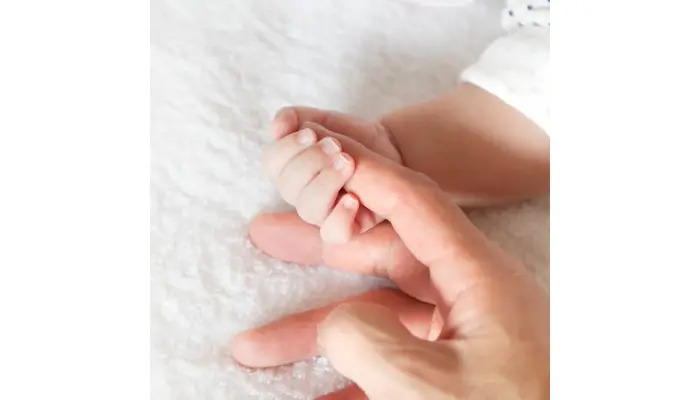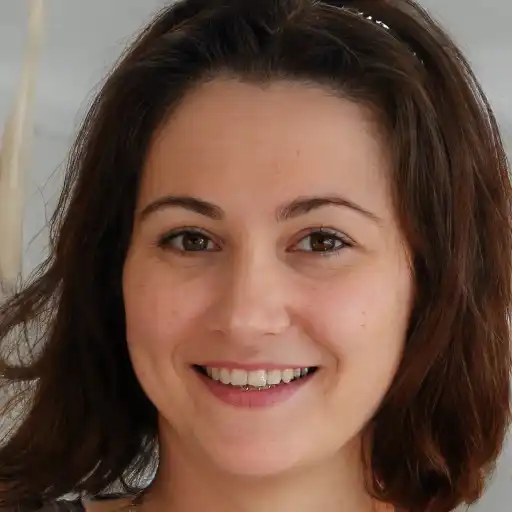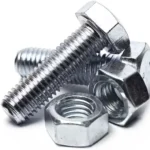Egg donation is a vital part of assisted reproductive technologies (ART) and offers individuals and couples struggling with infertility a chance to achieve parenthood. If you’re considering egg donation in San Diego, it’s important to understand the process, the roles of the egg donor and recipient, and the legal and medical considerations involved. This step-by-step guide will walk you through everything you need to know about egg donation, from the initial consultation to the successful implantation.
What Is Egg Donation?
Egg donation in san diego is a process where a woman (the donor) provides one or more of her eggs to another woman (the recipient), often as part of a fertility treatment. This is typically used when a recipient is unable to conceive using her own eggs due to factors like age, ovarian failure, or genetic concerns. The donated eggs are fertilized with sperm from the recipient’s partner or a sperm donor, and the resulting embryos are implanted in the recipient’s uterus through in vitro fertilization (IVF).

Initial Consultation And Matching Process
The first step in egg donation is the consultation with a fertility specialist. This meeting helps both the recipient and the donor understand the process, medical evaluations, and legal requirements involved.
- Recipient Consultation: The recipient will undergo an assessment to determine her overall health and fertility status. This includes blood tests, ultrasounds, and discussions about the best course of action for her specific situation.
- Donor Selection: In San Diego, clinics offer egg donation programs where recipients can choose a donor based on various factors like physical characteristics (height, weight, eye color, etc.), educational background, health history, and personality traits. Many clinics use anonymous egg donors, but some may offer known or semi-known donor options.
- Matching Process: Fertility clinics typically maintain a database of egg donors, with detailed profiles and medical histories. Once the recipient is ready, the clinic will match her with a suitable donor based on compatibility, medical screening, and preferences. This matching process may take some time, but it is essential to ensure a successful outcome for the recipient.
Egg Donor Screening
Before proceeding with egg donation, the donor undergoes a thorough screening process to ensure she is healthy and capable of providing viable eggs. This includes:
- Medical History: The donor’s medical and family history are reviewed to screen for any genetic disorders or inherited conditions that could affect the health of the recipient or child.
- Genetic Testing: Donors are tested for common genetic diseases and conditions that could be passed down to offspring. This may include testing for cystic fibrosis, Tay-Sachs disease, and other hereditary conditions.
- Psychological Evaluation: Egg donors undergo psychological assessments to ensure they are mentally prepared for the emotional and psychological aspects of the donation process.
- Physical Exam: A physical exam, including blood tests and screenings for sexually transmitted diseases (STDs), is required to ensure the donor’s overall health. This ensures that the donor’s eggs are healthy and viable for fertilization.
- Ovarian Reserve Testing: This is done to determine the donor’s egg quality and quantity. This helps to ensure that the donor has enough healthy eggs to be harvested.
Ovarian Stimulation And Egg Retrieval
Once the donor has been selected and medically cleared, the egg donation process moves into the stimulation phase.
- Ovarian Stimulation: The donor undergoes a regimen of hormone injections to stimulate her ovaries to produce multiple eggs. This process takes about 10-14 days and is closely monitored by the fertility clinic. Blood tests and ultrasounds are performed regularly to monitor the donor’s response to the hormones.
- Egg Retrieval: When the eggs are fully matured, the donor undergoes a minor surgical procedure to retrieve the eggs. The procedure is performed under sedation and involves using a thin needle inserted through the vaginal wall to collect the eggs from the ovaries. The process typically takes around 20-30 minutes, and most donors are able to resume normal activities within a day or two.
- Egg Fertilization: After the eggs are retrieved, they are fertilized in the laboratory using sperm from the recipient’s partner or a sperm donor. The fertilized eggs develop into embryos, which are cultured for several days before being selected for transfer.
Embryo Transfer And Pregnancy
Once the eggs have been fertilized and viable embryos have been selected, the next step is transferring the embryos into the recipient’s uterus.
- Preparation of the Recipient’s Uterus: The recipient typically undergoes hormone therapy to prepare her uterus for embryo implantation. This may involve taking estrogen and progesterone to thicken the uterine lining and create the optimal environment for embryo implantation.
- Embryo Transfer: The selected embryos are transferred into the recipient’s uterus using a thin catheter. This procedure is non-invasive and relatively quick, though it does require some preparation and monitoring. The number of embryos transferred depends on various factors, including the recipient’s age and health status.
- Pregnancy Test: About 10-14 days after the embryo transfer, the recipient will undergo a blood test to determine whether implantation has been successful and the pregnancy has taken. If the test is positive, further tests and ultrasounds will be done to monitor the progress of the pregnancy.
Conclusion
Egg donation in san diego is a complex yet rewarding process that helps many families in San Diego overcome fertility challenges. The process involves several steps, from donor selection and medical screenings to embryo transfer and legal contracts. By understanding how egg donation works and what to expect, you can make informed decisions and receive the best possible care during your fertility journey.

Marian Shields, a dynamic marketing expert, orchestrates brand narratives with finesse and insight. With a keen understanding of consumer behavior and market dynamics, Marian navigates the ever-changing landscape of marketing strategy, crafting compelling campaigns that resonate with audiences worldwide. Through her strategic prowess and creative vision, she helps businesses of all sizes unlock their full potential and achieve tangible results in the competitive marketplace.





